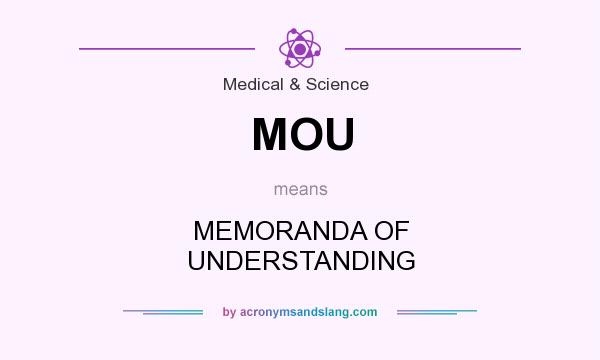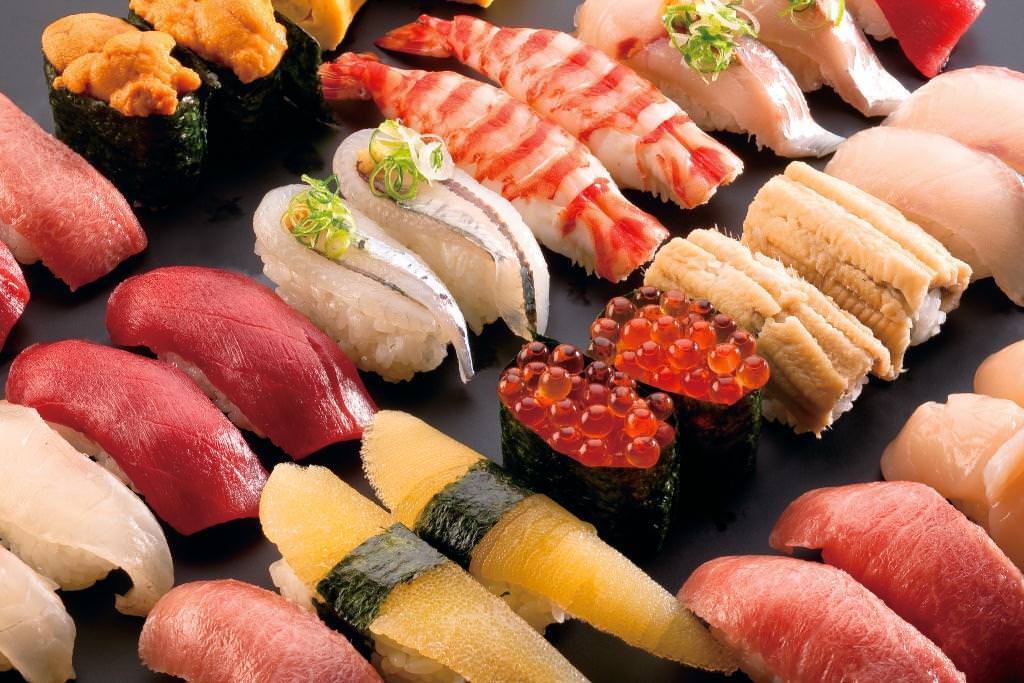
Translation: Never mind, or No thank you. “ Ii.” – Said in a brisk manner, the speaker is being offered a present or some form of help, like a hand to step down from somewhere. Read carefully the correct expression, the situation “ii” is used and the manner “ii” is said for just the slightest difference, makes for a completely different meaning.īefore we start, please note that the basic meaning of “ii” is “good” or “yes”. My aim is for everyone to be able to quickly search for the correct expression when needed. The list is ordered in length, from the shortest phrase to the longest. For the sake of the Japanese language learner who doesn’t want to make a terrible slip-up, I gathered a list of the meanings of the word “ii” together with the expressions that come with “Ii”. So it must truly be a convenient word, once you learn to master it. You have to admit, “Ii” is very short, concise, if you observe how the Japanese immediately know which meaning is conveyed, in a sense “Ii” is precise. For us, foreigners learning Japanese as a second language, trying to figure out which meaning “Ii” is being used is one big headache. There must be something about the sound of Ii that the Japanese like because it is used in so many situations conveying a multitude of meanings. Though I am aware of some grammar points where only “も” is allowed to emphasize if I’ve understood things right, words like より(も) 幸いに(も) and so on.Have you ever heard of a word that can mean “yes”, “no”, “great!” or “No thank you” at the same time? There is such a word in Japanese, and it’s “Ii” (pronounced like the letter “E”). Sorry for asking of so much without being able to give much back but I would really appreciate some more deeper comparison of “も” and “でも” when it comes to emphasizing. If I get to guess, “でも” sounds more negative in my ears, more like not answer EVEN ONE while “も” sounds more like not answer ONE, but I don’t know :3 In a case like this, which of “も” and “でも” has a deeper emphasize? or is the meaning even the same to begin with?

So how would this sentence differ from the one above: 一問でも答えない Regarding my question, as I’ve understood “も” can be used to to “emphasize” hence some meanings will translate to “even” in english.Īnd my question here is, “でも” also has the nuance of “even” and can also be used in the same fashion to emphasize, right?
MEANING OF MOU JAPANESE FREE
= Unfortunately!? I don’t have any cat friends.įirst, I would just like to give huge props for putting out such amazing content as you do and taking your free time to teach others, huge respect! = Zannen nagara!? neko no tomodachi wa ippiki mo imasen. マギー先生より= MaggieSensei yori = From Maggie Sensei
MEANING OF MOU JAPANESE FULL
= All the places are full during obon holidays. = Every hotel is booked out during obon holidays. = I haven’t heard from him in Tokyo at all. = Toukyou no kare kara nan no rennraku mo nai. = I have been so busy that I haven’t done any homework yet. = Isogashikute shukudai wo nani mo shite inai. = Daremo watashi no kimochi wo wakatte kurenai. * 何 ( = nani) any, no ~ (anything, nothing) You also use も ( = mo) after interrogative pronouns such as = Chuushajou ni kurumaga iichidai mo nai. :rrrr: Not even one car, motorcycle, machine, etc. ★ 一台 = いちだい = ichidai = one machine, vehicle = I haven’t talked to him at all since yesterday. = Kinou kara kare to hitokoto mo hanashite inai. = Onaka ga ippai de hitokuchi mo taberarenai. = Watashi no machi ni wa nihonjin ga hitori mo inai. It means “not even one ~”/ “not to do ~ at all” / “without doing something at all”Īnd も has a function of emphasizing the word which comes before も, “not even” :n: 一+ counter unit + も + negative sentence = If you have three shots of tequila, you will get a hangover. = Tekiira wo sanbai mo nonda kara futukayoi ni naruyo. = It has already passed one year since we graduated? Time flies, huh? = Mou sotsugyou shite kara ichinen mo tatta no? Toki ga tatsu no wa hayaine. = This sweets were so good that I ate “five” of them. = Kono okashi oishikattakara goko mo tabechatta. = I’ve been already waiting for “two hours”.

Other examples using も to emphasize the amount or quantity. (How expensive!)Īnd we can tell it is too expensive for you. But if you think that was too expensive, you say

This sentence is very neutral and there is no emotion attached. If something costs you 10,000 yen, you say The listener can tell you think 10,000 is a lot and you are probably happy. When you get 10,000 yen from someone, you say,īut if you feel 10,000 yen is a lot of money, you say,


 0 kommentar(er)
0 kommentar(er)
